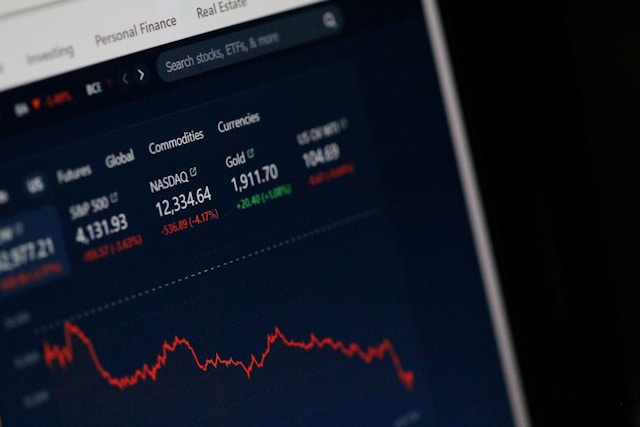The Indian stock market is governed by various market indices. These indices can help investors track the direction of the stock market and the underlying stocks making investment decision-making accurate and reliable. Nifty 50 and BSE Sensex are the two most important indexes that investors track regularly. Serving as important indicators of the health of the Indian stock market and the overall economy, the two indices and their underlying stocks are worthy additions to the investor investment portfolio. Let’s explore the Nifty 50 and BSE Sensex.
Nifty 50
As evident from its name, the nifty 50 comprises the top 50 stocks trading on the Indian stock market. Consisting of 50 large-cap stocks belonging to 14 crucial sectors of the Indian economy, the nifty 50 stock price delivers accurate information about the market performance which is used by investors to make accurate decisions. Moreover, financial analysts and mutual fund managers track the nifty 50 index to deliver accurate predictions regarding the future trajectory of Indian stock prices.
BSE Sensex
The BSE Sensex is a crucial index of the Bombay Stock Exchange which comprises the top 30 companies that trade on the Indian Stock Exchange. Comprising the top large-cap blue-chip companies in India, BBSE Sensex reflects the performance of its underlying companies. Similar to the nifty 50, The BSE Sensex also comprises stocks from various crucial sectors like IT, pharmaceuticals, and manufacturing.
Identification and selection of the right index for investment
Both Nifty 50 and BSE Sensex are the two most essential and reliable industries that investors can invest in. The following points can help investors make the right decision regarding the selection between the two indexes for their investment portfolio:
1. Stability
Investors who are risk averse and prefer more stability for their investment portfolio must opt for the BSE Sensex for investment. Consisting of well-established companies with large capitalization and stable operations, The BSE Sensex Index can deliver protection from market volatility and offer growth over the long term.
2. Diversification
Investors who wish to diversify their investment portfolio can opt for the nifty 50 index. Consisting of the top 50 companies from various sectors, the nifty 50 index and its underlying stocks can deliver diversification to investors. Their investment is spread over an extensive number of companies belonging to diverse sectors and engaged in different operations like information technology, manufacturing, healthcare, etc.
3. Short-term trading
Traders looking for small profits through active trading can opt for investments in the nifty 50 index known for its volatility.
4. Long-term growth
Long-term investors who wish to grow their investments through small investments but with a long-term view can opt for both Nifty50 and Sensex for their investment portfolio. Offering long-term growth potential, both indexes can deliver exponential returns on a long-term basis.
Conclusion
Nifty 50 and BSE Sensex represent the broader Indian stock market and can help investors and fund managers track its health on a regular basis. Investors can invest in the two indices through ETFs depending upon their ultimate financial goals, and risk-taking capacity. However, proper planning and financial analysis are required to minimize risk and get extensive benefits from investment in the indexes.
Photo by Anne Nygård on Unsplash (Free for commercial use)
Image published on April 30, 2022




